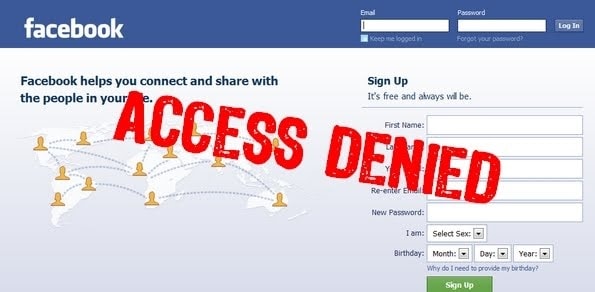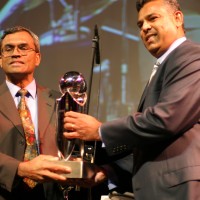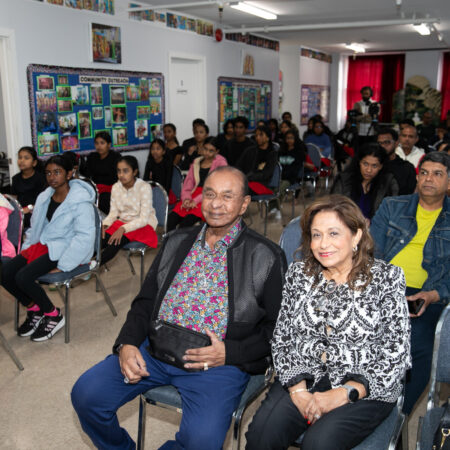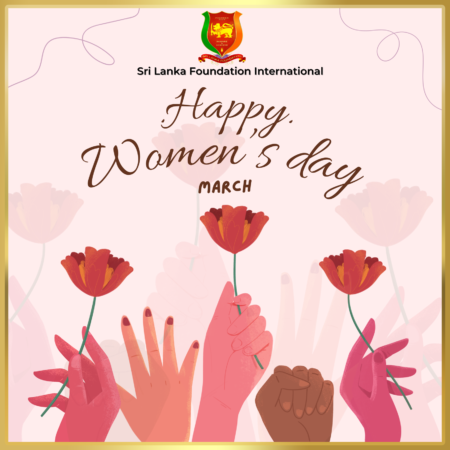“Sri Lanka does what the US can’t: Pull the plug on Facebook over hate speech, fake news.” A headline on CNBC, one of America’s premier news outlets as it reported on the steps taken by the Sri Lankan government in a bid to stem the flow of hate speech and fake news.
What does Facebook have to say about it and what will happen next?
The opening salvo of the CNBC article was that another country had joined the growing ranks of those saying Facebook’s content-filtering systems aren’t good enough. It went on to note that the ban in Sri Lanka came into effect after several years in which critics have said Facebook and the government were not doing enough to prevent the spread of harmful posts.
In an emailed statement to CNBC, Facebook has stated that they have clear rules against hate speech and incitement to violence and work hard to keep it off their platform. Further, it stated that they are responding to the situation in Sri Lanka and are in contact with the government and non-governmental organizations to support efforts to identify and remove such content.
Chief Information Security Engineer of SLCERT, Roshan Chandragupta stated that people should think about how they can minimize such issues.
“We need to think about the content that we share, we need to consider whether what we share is truthful or whether it is hurtful to someone. So we need to avoid such instances.” – Roshan Chandragupta
The ban on social media and messaging services has also had an adverse impact on tourism as well as Internet-based businesses. Chairman of the Federation of IT Industry in Sri Lanka, Dr Kithsiri Manchanayake stated that it is the government’s opinion that if they are to lift the ban, these social media sites must provide some sort of assurance to the government that they will take steps to prevent such things from occurring again.
Further, he stated that this is a great loss to the nation; there are tourists who come to the country as well as students from overseas. “I spoke with the Facebook Asia Pacific director of policy who is based in India. He expressed his support and said they would work on it. By the end March 12 they could announce the short term and long term plans that could be put in place for monitoring these feeds.” – Dr Kithsiri Manchanayake.
Courtesy of dailynews.lk










![TV-Poster-All-Exhibition-Sri-Lanka-in-Focus-USA-2025[1]](https://www.srilankafoundation.org/wp-content/uploads/2025/04/TV-Poster-All-Exhibition-Sri-Lanka-in-Focus-USA-20251-450x450.jpg)











